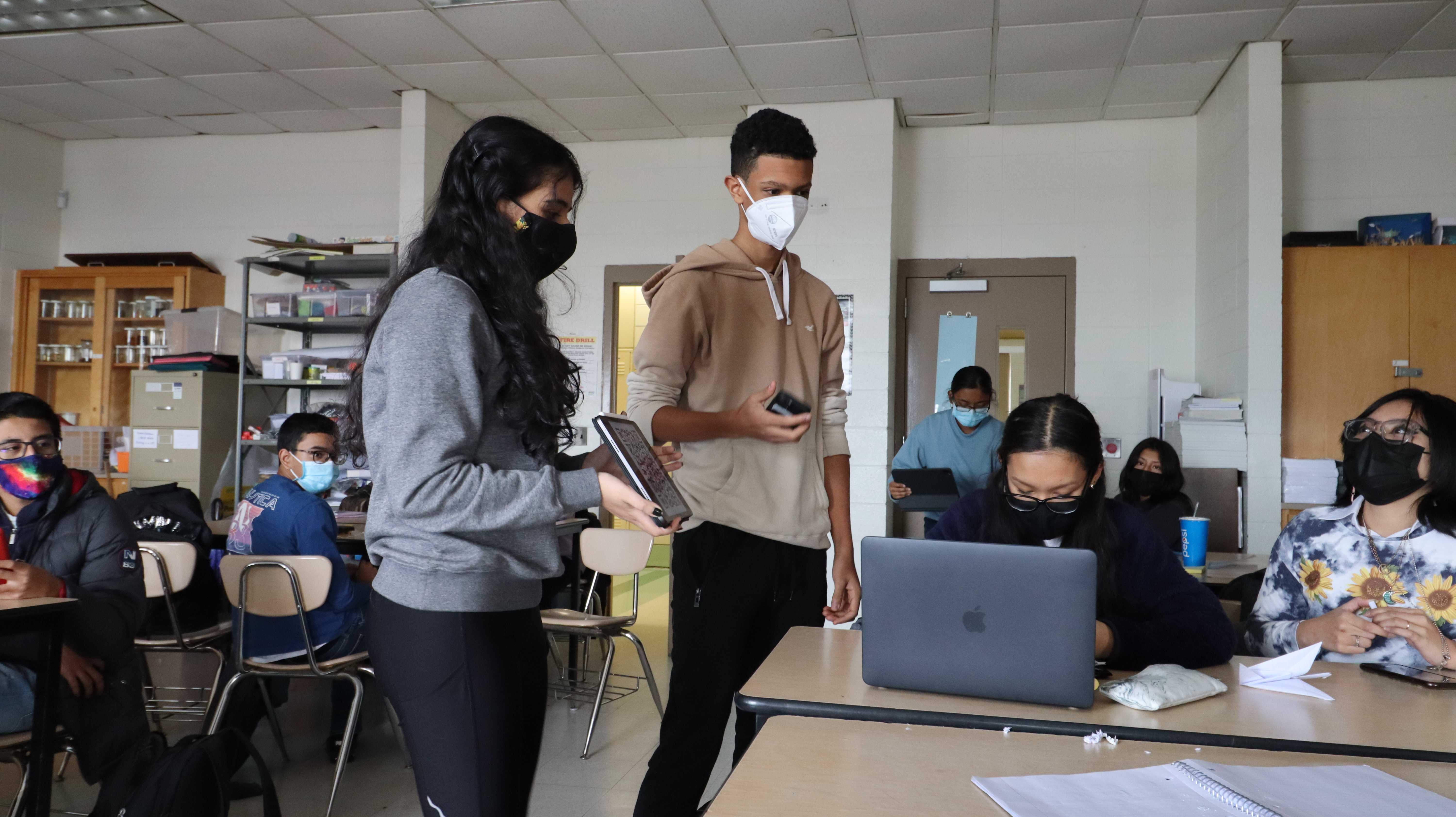
By Thomas Szymanski
You might have seen in the past few weeks an abundance of memes and online content making light of the coronavirus outbreak, which has gripped the world’s attention due to its sudden appearance and potentially destructive ramifications.
As of now, the confirmed cases of Coronavirus across the world has come to above 80,000, with the World Health Organization (WHO) declaring it to be a global emergency.
To any observer, it would be perfectly comprehensible to observe why the Chinese have been subject to so much conversation. The virus, of course, found its inception point in Wuhan, China. However, this does not make the kind of conversation happening right.
Peter Akman, a CTV Investigative Journalist, found it humorous to post a picture of himself with his Asian barber, who was donning a face mask, with the caption “Hopefully ALL I got today was a haircut.”
Additionally, many people recently saw the story of a Chinese man in Sydney who had a heart attack was left to die by onlookers in the fear that he had coronavirus. CPR might have saved his life, but bystanders did not rise to the occasion.
Similarly, many memes have come to satirize how one should approach Chinese people in a rather distasteful manner. One-liners such as “when the Chinese man next to you on the subway starts coughing” or “Chinese people when they see a bat” (in reference to the disease’s patient zero, who was said to have contracted the disease through consumption of an infected bat) have become nearly normalized and have been coupled with a variety of templates.
Undoubtedly, the coronavirus, in the American perception, has become in too many eyes the “Chinese virus,” as it has so inartfully and xenophobically been branded by many in this country. Racist jokes concerning coronavirus have contributed little more to American society than vitriol to a toxic climate of dehumanization. From a moral standpoint, from a logical standpoint, we must do better.
The origin of the coronavirus has allowed people to draw a clear, but problematic and lazy association with the disease: the Chinese people. We can not attach national or ethnic brands to such diseases that threaten us all.


































